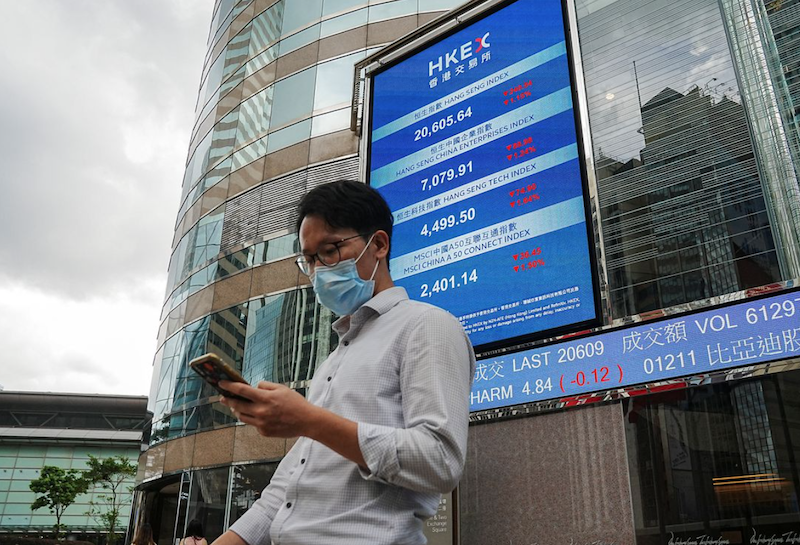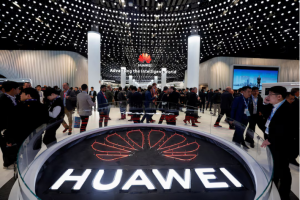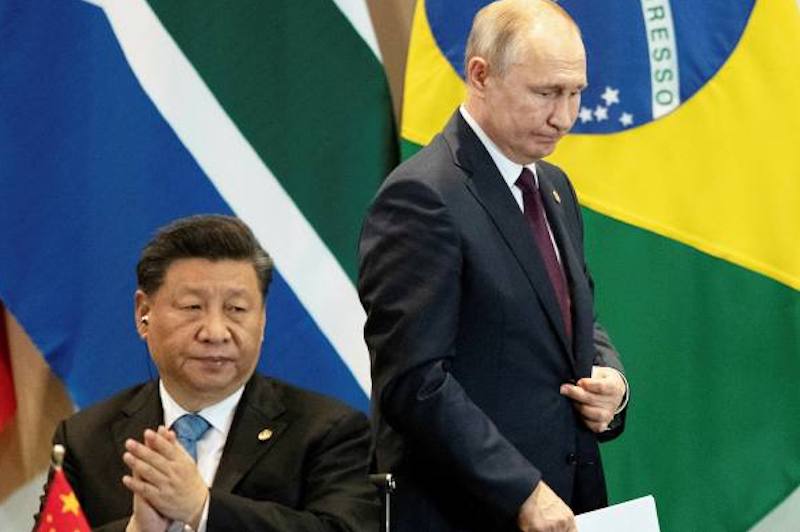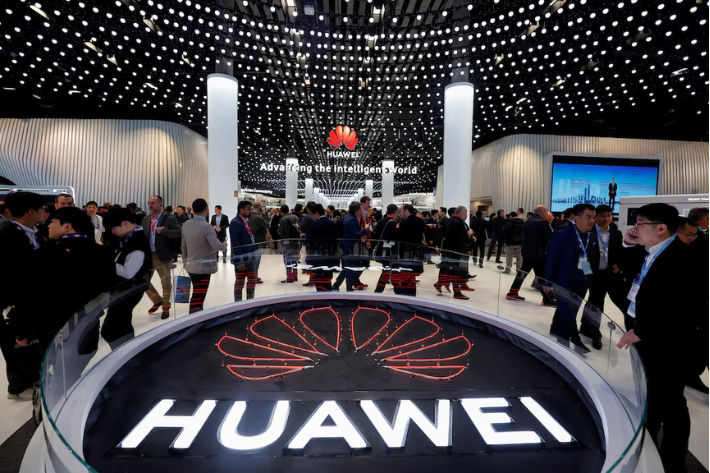Most Asian shares dropped on Wednesday, following the overnight fall on Wall Street, as traders scaled back bets on the pace and scale of rate cuts by the Federal Reserve this year.
The shift in rate expectations came after US inflation data on Tuesday came through bigger than expected, with the consumer price index (CPI) rising 3.1% on an annual basis, above forecasts for a 2.9% increase.
Futures now point to about 87 basis points of easing priced in for the Fed this year, as compared to 110 bps prior to the data release and 160 bps at the end of last year.
That kept pressure on global stocks, which had rallied strongly towards the end of last year on aggressive bets for rate cuts by major central banks globally in 2024.
ALSO SEE: Any Expansion of China Chip Curbs Will Risk Business, ASML Says
MSCI’s broadest index of Asia-Pacific shares outside Japan fell 0.8% in early Asia trade and was headed for a fifth straight day of losses.
S&P 500 futures and Nasdaq futures were trading near flat. EUROSTOXX 50 futures lost 0.3%.
“The stronger data pushes back on the hope of a rate cut from the Federal Reserve any time soon,” Daniela Hathorn, a senior market analyst at Capital.com said.
“We’ll likely have to wait for the second half of the year for the Fed to start cutting, but the issue isn’t so much whether the bank will cut rates this year, as that is an almost certainty at this point, but how many rate cuts there will be.”
Nikkei drops, but Hang Seng edges up
Even Japan’s standout Nikkei was not spared from the beating and fell 0.7%, after gaining 2.9% in the previous session and topping the 38,000 level.
The recent move higher in the Nikkei was helped in part by a sliding yen, which had weakened past the key 150 per dollar level for the first time this year on Tuesday. The yen last stood at 150.63 per dollar.
Japan’s top currency officials warned on Wednesday against what they described as rapid and speculative yen moves overnight.
Elsewhere, stocks in Hong Kong fell 1.8% at the start of their first trading day following the Lunar New Year break, but the Hang Seng Index managed to rise and closed up 0.8%.
The index gained 1.4% last week but is down 7% so far in 2024 after dropping nearly 14% last year.
The Hang Seng China Enterprises Index was up 1.6%, while Hong Kong-listed Chinese tech firms rose 2.5%.
Just before the break, China replaced the head of its market regulator with a securities regulator veteran who has led the Shanghai Stock Exchange and is known for his tough line on market malpractice.
Chinese authorities have announced a raft of measures to aid its stock market after domestic stocks plunged to five-year lows earlier this month.
So far, the moves – which include curbs on short selling and state fund Central Huijin Investment’s expanded stock buying – have failed to turn investor sentiment around.
Market sentiment remains somewhat sceptical on Chinese equities, with valuations appearing attractive compared to historical levels and against broader global markets, William Fong, head of Hong Kong and China equities at Barings, said.
Markets on the mainland remain closed this week for the Lunar New Year break.
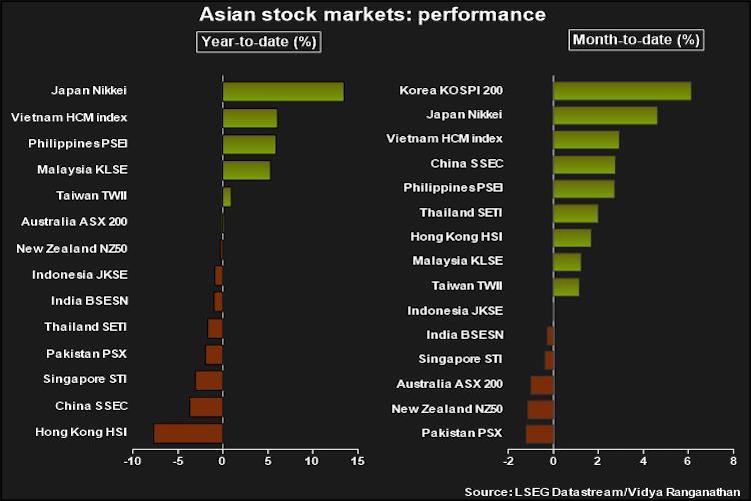
Meanwhile, Indian shares rebounded in the final two hours of trade on Wednesday, led by a jump in public sector enterprises on the back of comfortable valuations while a drop in IT stocks after hot US inflation data capped the gains.
The NSE Nifty 50 index rose 0.45% to 21,840.05, while the S&P BSE Sensex settled 0.39% higher at 71,833.17.
Rates likely higher for longer
The prospect that US rates are likely to stay elevated for longer than initially expected pushed the benchmark 10-year Treasury yield to an over two-month high of 4.3320% on Wednesday.
The two-year Treasury yield, which typically reflects near-term interest rate expectations, last stood at 4.6324%, having similarly scaled a two-month top of 4.6730% in the previous session.
That’s helped the greenback firm near a three-month peak against a basket of currencies at 104.81. The dollar index hit its strongest level since November on Tuesday.
Sterling steadied at $1.2597. UK inflation data is due later on Wednesday.
In cryptocurrencies, bitcoin retreated from the $50,000 level and last bought $49,496.
Oil prices meanwhile edged lower, reversing some of Tuesday’s gains as geopolitical tensions lingered in the Middle East and eastern Europe.
US crude fell 22 cents to $77.65 a barrel. Brent futures eased 33 cents to $82.44.
- Reuters with additional editing by Jim Pollard
ALSO SEE:
China’s BYD in Talks on Mexico Factory for Exports to US – Nikkei
EU Looking to Sanction Chinese, India, HK Firms Over Russia Ties
Indonesia, China to Cut Nickel Output as EV Metal Loses Sheen




